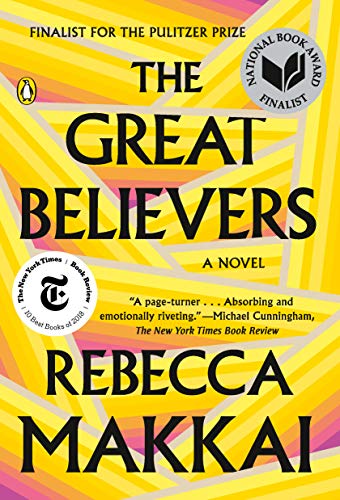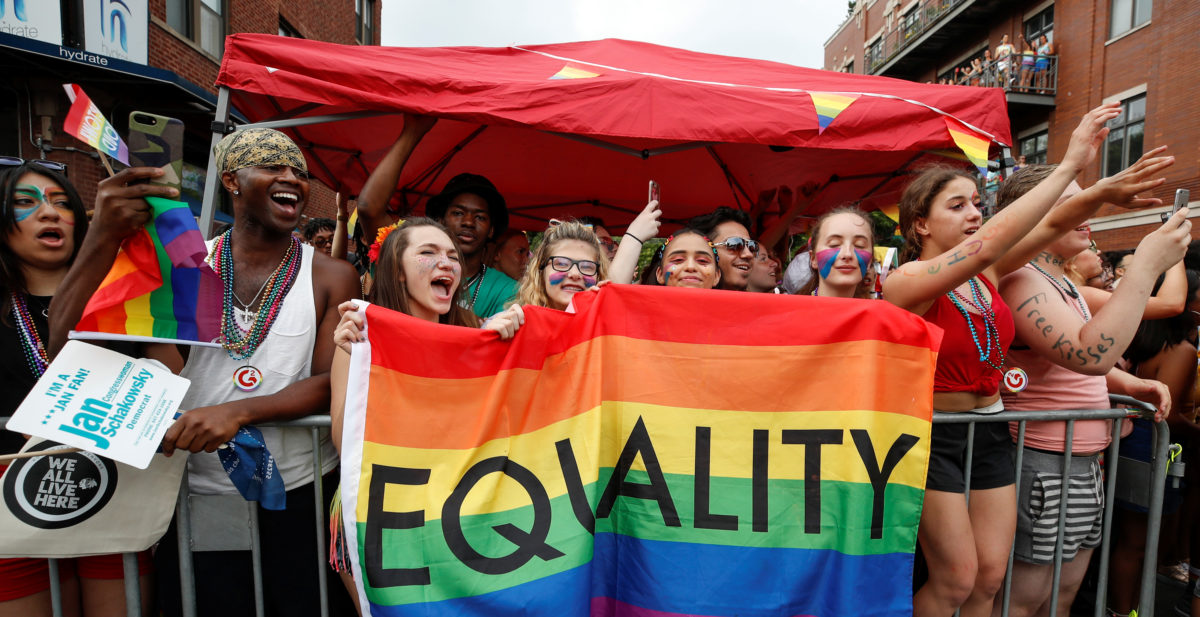 The Great Believers is a seriously good book with a story that has a simple message. The story accurately describes the tragedy that was the early stages of the AIDs crisis – I know, I was living in Brooklyn Heights at the time the AIDS invasion hit there – integrates the people of that era with a version of some of them 30 years later, and then tells the reader that people ultimately just move on, however damaged or undamaged they may be.
The Great Believers is a seriously good book with a story that has a simple message. The story accurately describes the tragedy that was the early stages of the AIDs crisis – I know, I was living in Brooklyn Heights at the time the AIDS invasion hit there – integrates the people of that era with a version of some of them 30 years later, and then tells the reader that people ultimately just move on, however damaged or undamaged they may be.

One important additional message is that much of protagonist Fiona’s damage came from her parents, not from her companionship with the gay community at the time of the crisis. In the end it was time that gave her the strength to get through the mess her parents made of her and gay brother Nico’s life.
The book had a habit of making me sad by reminding me of those horrible times when I saw friends getting sick and dying around me, disappearing as they no longer showing up at church or AA meetings. But at the same time, the ultimate message was most exhilarating because most of us go through something, however easy or difficult, and most of us survive. It’s nice to know that survival can emerge from the terrible level of difficulty brought on by AIDS.
The construction of the book was reasonably clever, going back and forth between the two eras. I thought the important trick of that construct in this book was getting to both penultimate climaxes at the same physical points in the book. I’m not sure that was good writing, good editing, or both, but it worked rather well!
Recent Comments